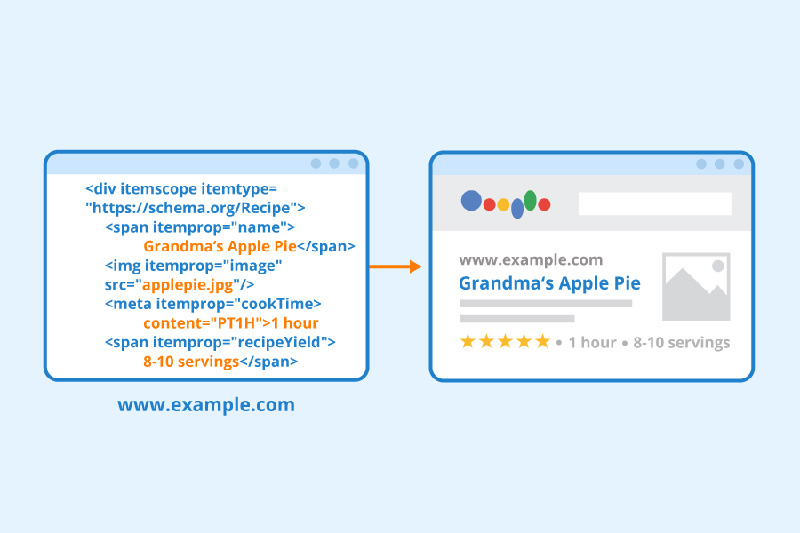What is Website Schema & Does It Still Matter in 2025?

If you’re wondering whether website schema is still important in 2025, the short answer is: absolutely yes.
In the ever-evolving world of SEO and web design, structured data remains one of the most powerful tools for improving visibility in search results. Whether you’re a small business, a blogger, or an e-commerce store, schema markup can give your site the edge it needs to stand out — especially in today’s competitive digital landscape.
What is Website Schema?
Website schema (or schema markup) is a type of structured data that helps search engines better understand the content of your pages. It’s written in formats like JSON-LD, Microdata, or RDFa and added directly into your site’s HTML.
Think of it as providing Google with a more detailed “cheat sheet” about what your content means — not just what it says.
For example:
- A product schema might tell Google the price, availability, and reviews.
- An event schema shows the date, time, and location of an event.
- A local business schema might include your name, address, phone number, and opening hours.
When implemented correctly, schema can enable rich results — enhanced listings that include things like star ratings, images, FAQs, breadcrumbs, and more.
Why structured data matters
Even with advances in AI and natural language processing, search engines still rely on structured data to deliver accurate, feature-rich results. Here’s why schema is still essential this year:
- Improved Click-Through Rates
Rich results make your listing more eye-catching in SERPs, increasing the likelihood that users click on your page. - Voice Search Optimisation
With the rise of smart speakers and AI assistants, structured data helps power voice search answers. - E-A-T Signals for Google
Schema markup can help reinforce Expertise, Authoritativeness, and Trustworthiness by clearly identifying content types, authors, and organisations. - Featured Snippets & Knowledge Panels
Proper schema makes it easier for your content to appear in Google’s featured snippets or even Knowledge Graph panels.

How wordPress handles schema markup
If you’re using WordPress, you’re in luck. Most modern themes and plugins (like Yoast SEO, Rank Math, or Schema Pro) include built-in support for schema markup. WordPress Core also includes basic schema markup out of the box.
However, customising your schema can make a huge difference. You can:
- Fine-tune product, FAQ, and article markup.
- Add schema for local business details.
- Inject schema dynamically based on post types or categories.
If you’re using custom post types or advanced layouts, consider hiring a professional to audit your site’s schema structure for maximum SEO benefit.
Schema Types That Matter
Here are the most commonly used schema types that still hold value in 2025:
- LocalBusiness
- Product
- FAQPage
- HowTo
- Event
- Article
- Review
- BreadcrumbList
You can find an up-to-date list of all available schema types on Schema.org.
How We Can Help You Get it Right
At Nettl of Stockport, we specialise in SEO-focused web design and can help implement effective schema strategies for your business. Whether you’re launching a new website or want to optimise an existing one, our team ensures your content is structured properly for search engines and ready for the rich results era.
- Learn more about our web design services.
- Looking for technical help? Here’s how we can help make your website more visible online.
Final Thoughts: Does Schema Still Matter?
In 2025, schema is more important than ever. It’s not just about helping search engines — it’s about helping your audience find, understand, and trust your content faster.
With AI integration in search results and increasing user expectations for rich, dynamic listings, structured data is no longer optional — it’s a core part of an effective SEO strategy.





